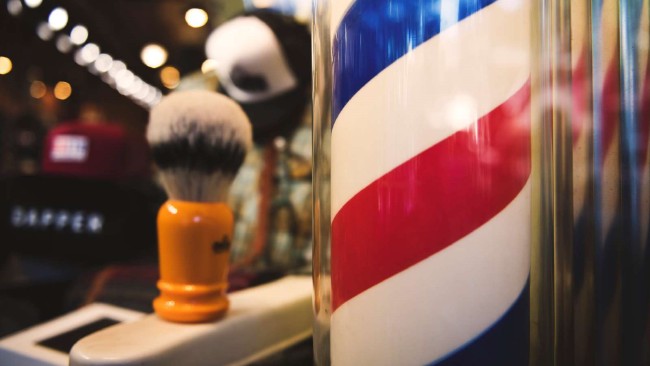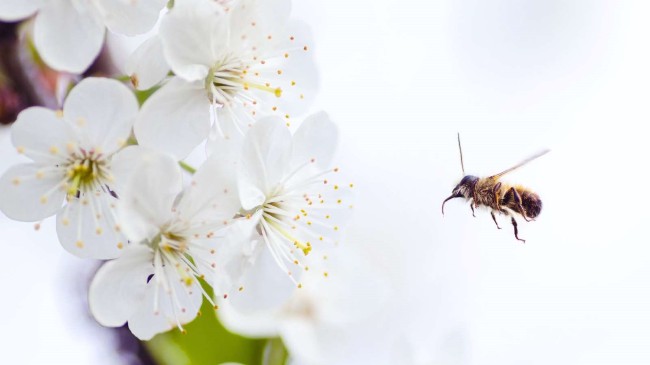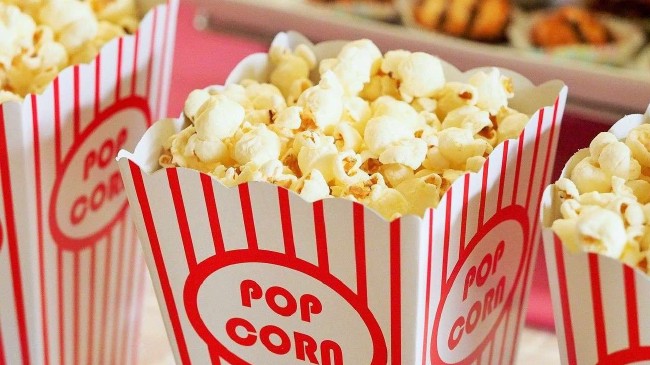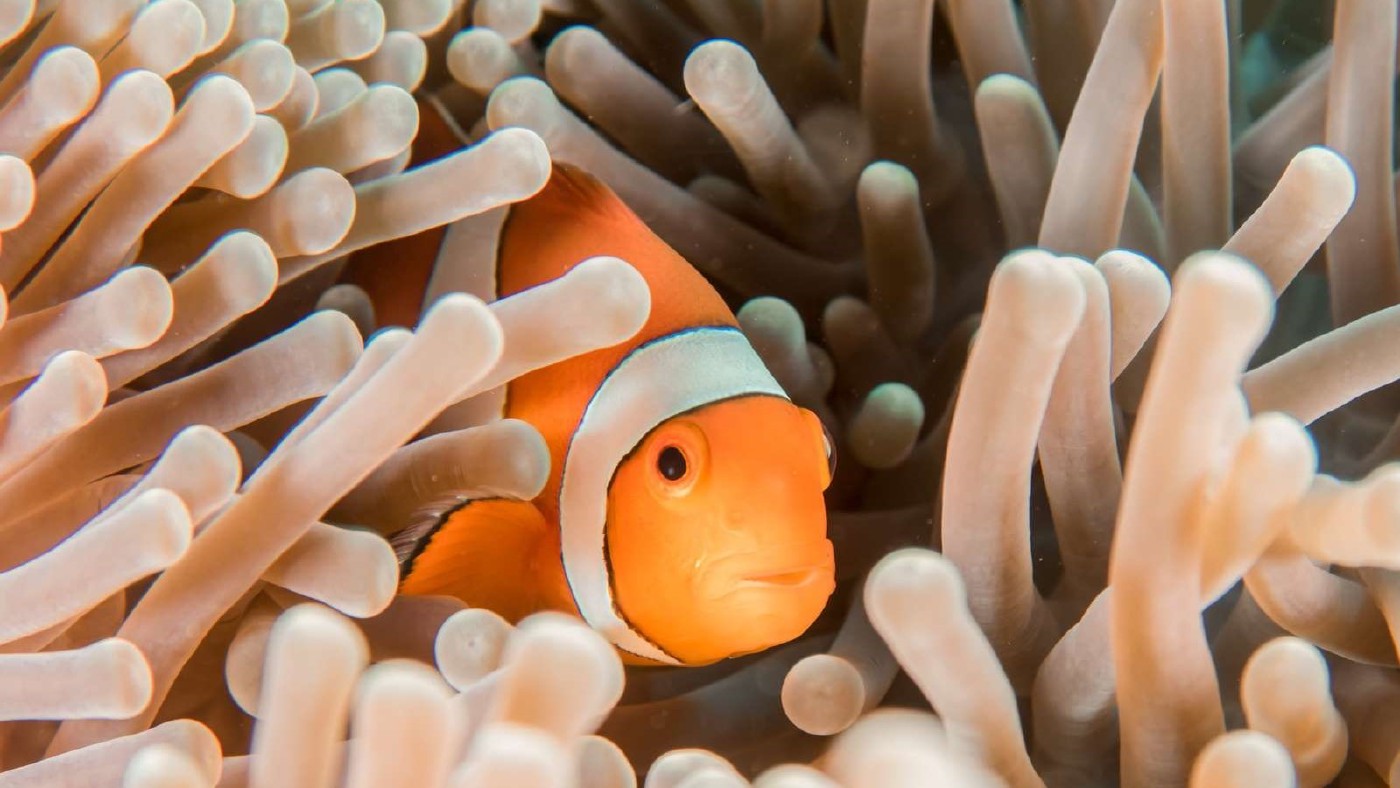
Re-Branding Misshapen Produce and Planting a Million Corals
Did you know? New Zealand will ban most single-use plastic by 2025. Aotearoa had already banned most single-use plastic bags in 2019, but this new ban includes a wider range of items such as earbuds, spoons and straws.
Nau mai to our newsletter 👋 This week again, we uncovered the most uplifting social innovation news for you - happy reading!
📈 Social Impact Trends
- Since 2019, 170 countries have pledged to reduce plastic use by 2030 significantly.
- From 2015 to 2019, sustainability-marketed products contributed nearly 55% of market growth to the consumer packaged goods market.
- Sustainable alternatives may represent a $385 billion market by 2028. Yet, for now, only a few solutions are both environmentally sustainable and cost-effective.
🥕 The Startup That Re-Brands Misshapen Produce
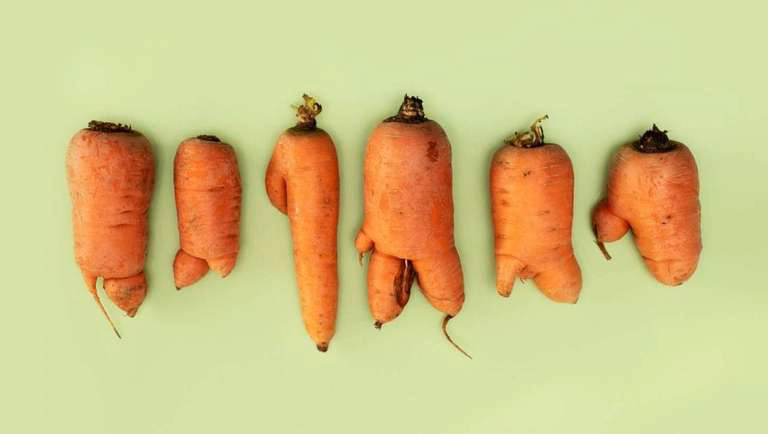
Before reaching our grocery stores, fruits and vegetables go through a real beauty pageant. What if we could embrace them as they are, regardless of their appearance?
A former accountant in Auckland, Sarah Balle, is launching Supie, an online supermarket that focuses on sustainability and local producers.
Growing up on a vegetable farm, she witnessed first-hand perfectly healthy produce being wasted because of its aspect. So, she spent 18 months travelling the country to talk to producers and realized their main issue was getting access to supermarkets that would sell their produce.
Sarah’s online store aims to act as the only intermediate between growers and consumers while leaving cosmetic considerations out of the equation. Her goal is to educate consumers and create a store where “ugly” fruit and vegetables are the norm.
Why does it matter? The world wastes about 1.3 billion tonnes of food every year, and imperfect produce accounts for around 40% of this total. The food wasted in New Zealand alone could feed a city like Dunedin for almost 3 years. Even though some of this food is being fed to animals or composted and used to fertilize the soil, preventing this waste could go a long way towards food security and economic growth.
Initiatives like Supie can provide consumers with more sustainable options at a similar price to existing players. Let’s focus on the health characteristics of what we eat rather than what it looks like 🙈
🐠 The Doctor Who Wants to Plant 1 Million Corals
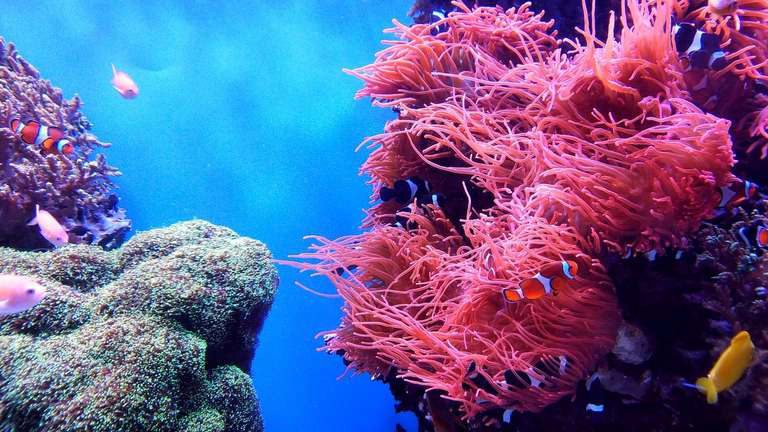
Although they may look like plants, corals are actually animals. However, they contain plants and secrete minerals, so the confusion is understandable 😅
Dr David Vaughan, PhD in Marine Sciences, wants to plant 1 million corals, thanks to an innovative technique he discovered by accident!
While moving coral samples in an aquarium, he accidentally broke one into small pieces that fell at the bottom of the aquarium. He thought these corals were lost and forgot about them. A few weeks later, he came back to the aquarium and noticed that they had not only survived but multiplied and grown. By pursuing his research, he discovered that small pieces of coral placed close to each other would grow together and fuse back as one piece.
Through this micro-fragmentation process, growth and healing happen up to 40 times faster than they occur naturally on the reef. It means that it could take only a couple of years to restore 100-year-old corals! David envisions using this innovative technique to reproduce resistant coral strains and recover the lost reefs.
Why does it matter? With 25-40% already lost, the worldwide coral population is in incredible danger. They provide habitats for numerous fish (including Nemo and Dory!), and fisheries depend on them for up to 40% of their catch. Coral reefs are also the rainforests of the sea: they absorb heaps of carbon dioxide and produce a large amount of the oxygen we breathe. Finally, they protect the shorelines from waves and storms and help mitigate climate change effects.
The time to find Nemo has passed. Now, let’s save his habitat 🐠
🎯 The Pick
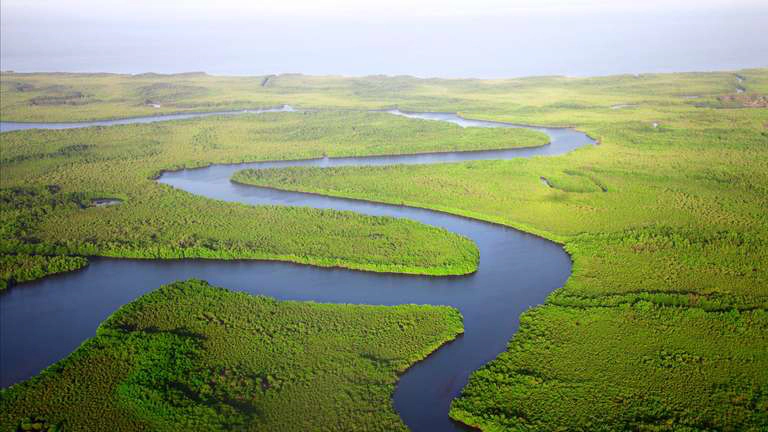
Multiple NGOs are currently working on a mammoth project: Africa’s Great Green Wall. This African-led movement has the ambition to grow an 8,000km natural wonder of the world across the entire width of Africa. The goal is to create a barrier against climate change running across the Sahel region – from Senegal to Djibouti. The Sahel forms a transitional zone between the Sahara desert and the rainforest and is one of the poorest places on Earth.
Once complete, the Great Green Wall will be the largest living structure on the planet, 3 times bigger than Australia’s Great Barrier Reef. Since its beginning in 2007, this initiative brought food security, jobs and stability to locals. More than just growing trees and plants, the Great Green Wall is thus transforming millions of lives in the Sahel region.
Why does it matter? Recently, the region became virtually uncultivable due to climate change and deforestation. The lack of rainwater allows saltwater from the sea to move upstream and destroy crops. Moreover, without trees, the soil has lost all its nutrients, and crops don’t grow. This situation led to biodiversity loss, poverty, mass emigration, violence and food insecurity. The Great Green Wall isn’t just for the Sahel, though. It could contribute to solving the world’s pressing threats – notably climate change, drought, famine, conflict and migration.
🌍 Meanwhile, Worldwide…
📌 Google announced that Google Maps would display featured businesses’ sustainable practices. It will also show locations to recycle items such as electronics, clothing, hazardous materials, and batteries. Yay, a new tool to enable more sustainable choices 🎉
🎸 Arun Sivag, a musician and social entrepreneur in India, is reaching out to tribal communities in remote areas to distribute ration kits and spread awareness about COVID-19 vaccination while supporting their ancestral art forms.
🖨 Fix-It, a Brazilian start-up, developed an environmentally friendly 3D-printed cast. The company is using bioplastic derived from beetroot, sugarcane and corn to create these colourful, lightweight casts 💪
🥻 The Entrepreneurship Development Institute of India (EDII) provides training to more than 6,000 traditional handloom weavers across the country. The goal is to develop entrepreneurial competencies to instil self-reliance among traditional weavers amidst the pandemic.
🧸 After LEGO, Mattel has also jumped on the sustainability train. The manufacturer of Barbie and Hot Wheels pledged to use 100% recycled, recyclable or bio-based plastic by 2030 for both its products and packaging. You can go to the PlayBack program page to discover how to return some of your old toys ♻
😍 Wholesomeness
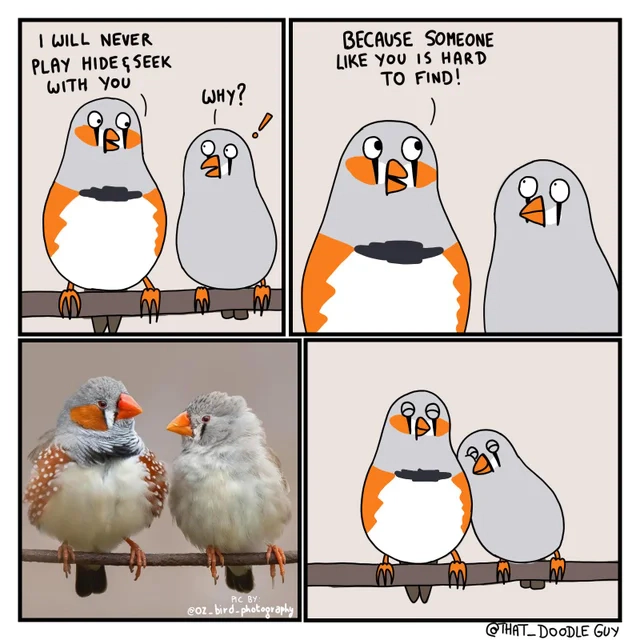
That’s a wrap. If you enjoyed this newsletter, please share it with your friends.For any feedback, reach out and drop a comment here or on our social media platforms :-)
Have an amazing week ahead 💗
Related Posts
🧱 Barbershops and LEGO
Benvenuto 👋 Did you know? A song stuck in your brain is actually a mechanism to strengthen your memory. We could use it to create music-based therapy to treat dementia or other neurological disorders.
🐝 Earthquake-Proof Houses and Bees
Did you know? Returning land to native tribes improves biodiversity thanks to their centuries-old knowledge of these ecosystems and the infinite respect they have for them.
🌽 Using Popcorn as Shipping Material and Extracting Lithium from Seawater
Did you know? Companies with a social purpose outperform profit-only ones by 134% in the stock market 📈💰
